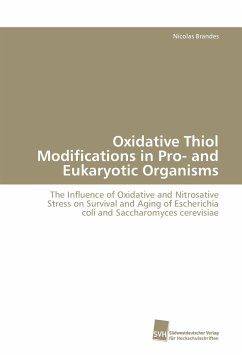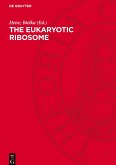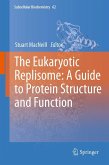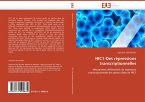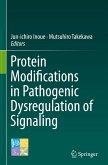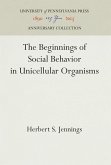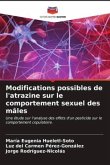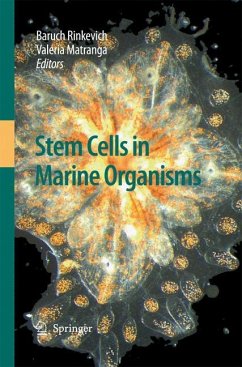Oxidative and nitrosative stress has been linked to cell survival, eukaryotic aging and many disease conditions. In this process, highly reactive thiol groups of cysteines undergo reversible oxidative thiol modifications in response to reactive oxygen and nitrogen species. This makes cysteine-containing proteins the ideal tools to analyze the role of oxidative stress on survival and aging of pro- and eukaryotic cells. Here, recent developments in in vivo thiol trapping technology combined with mass spectrometry are used to identify redox-regulated cysteine-containing proteins in Escherichia coli and Saccharomyces cerevisiae in response to reactive oxygen and nitrogen species. The physiological importance of the identified proteins is then discussed in detail for both organisms. Finally, the redox status of oxidation-sensitive proteins in chronological aging yeast is used as in vivo read-out to evaluate the role of oxidative stress during the eukaryotic aging process. These studies presented here not only deepened our understanding of redox regulation but also showed the importance of oxidative thiol modifications as key posttranslational modification in pro- and eukaryotic cells.
Bitte wählen Sie Ihr Anliegen aus.
Rechnungen
Retourenschein anfordern
Bestellstatus
Storno

